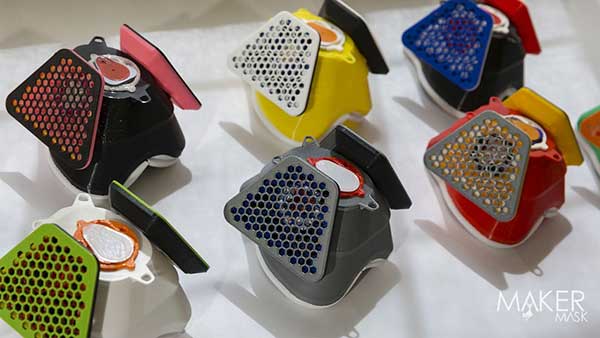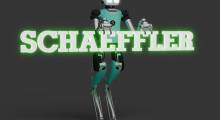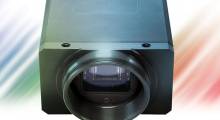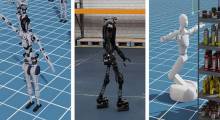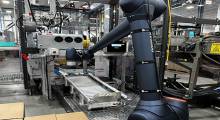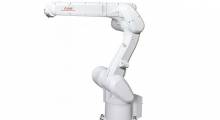Maker Mask, a nonprofit, grassroots ecosystem and digital platform response to the COVID-19 crisis organized by leaders in technology, industry and government, announced that the organization's network of nearly 10,000 members operating small-batch production sites have been manufacturing National Institutes of Health (NIH)-approved masks using 3D printers and delivering them to local communities across the U.S. and around the world. In addition, the organization is building a global supply chain for community-based production capability for the future.
“It has been an action-packed month for the Maker Mask team. It's been amazing and humbling to see the large number of makers around the world downloading our 3D printable mask designs and joining the Maker Mask Movement to help people during the COVID-19 crisis,” says Jonathan Roberts, co-founder of nonprofit RPrime and founding partner at venture capital firm, Ignition Partners.
“Rory Larson, the inventor of the Maker Mask, has developed new versions of the mask and we're pursuing additional NIH approval on those models as well,” Roberts says. “We're also expanding our catalog of NIH-approved devices and welcome submissions of other COVID-19-related items to highlight on our digital platform.”
Nearly 10,000 members from 5,196 maker/hobbyist communities, 185 healthcare organizations, 149 universities, 140 companies, 58 government agencies, 116 nonprofits and 258 other groups have downloaded more than 125,000 free open-source computer-aided design (CAD) files for printing the Maker Mask. People from 145 countries have visited the website resulting in nearly 655,000 global website page views.
The current Maker Mask design is approved by the NIH for all general community applications outside of the direct health care setting including front-line essential service providers such as police/law enforcement, fire and rescue and other emergency response service providers. In addition, the Maker Mask is approved for use by essential workers providing groceries, delivery, transportation and other supporting services.
Since the Maker Mask is designed with replaceable HEPA filters, the mask can be reused simply by replacing a filter and sanitizing the mask. Typical usage patterns show that during a two-month period a person would use only one reusable Maker Mask instead of using and throwing away 300 to 400 disposable N95 masks during the same time period. Due to the demand for mask-making materials, the build of materials for the Maker Mask is now included on the list of essential materials on Amazon.com.
During the past month, the Maker Mask Initiative has received more than $100,000 in donations to help offset the costs of mask-making materials and to further develop the platform. To make a donation, visit https://www.makermask.com/donate.html.
About the Author
Press releases may be sent to them via [email protected]. Follow Robotics 24/7 on Facebook
Follow Robotics 24/7 on Linkedin
Article topics
Email Sign Up

